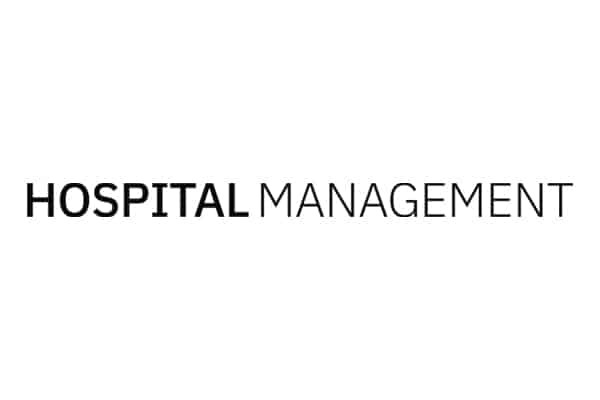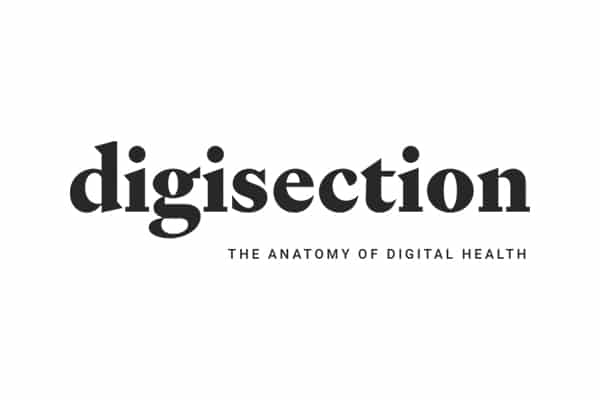
WELL Health study also finds nearly two-thirds considered quitting job; 82% note patient-communication process directly causing burnout
Santa Barbara, Calif. (Oct. 14, 2021) – Well Health Inc., a SaaS digital health leader in patient communications and 2021 Best in KLAS winner in Patient Outreach, today announced results from a new study of clinical support staff, finding that the patient-communication coordination process is overwhelming them to the point of wanting to quit. According to the study, an astonishing 88 percent report moderate to extreme burnout, with half (56 percent) rating their burnout as “high” or “extreme.”
Support Staff Are Burned Out
The study surveyed 320 clinical support staff who are primarily responsible for communicating and coordinating with patients. Phone-based communication is the primary channel of patient communication used by support staff in this study. Among those surveyed:
- Nearly two-thirds (63 percent) have considered quitting because of the stress caused by patient communication.
- 82 percent believe the patient-communication process is a direct cause of their burnout.
- 96 percent report phone-based communication as their primary method of patient communication, indicating the time-consuming and frustrating process is a huge issue.
- A majority of respondents (63 percent) report spending three or more hours each day communicating with patients, coordinating appointments, following up and handling prescriptions.
As the healthcare workforce continues to grapple with the physical and mental exhaustion caused by the COVID-19 pandemic, attracting and retaining talent is a top priority for healthcare providers. However, clinical support staff are tasked with the cumbersome, repetitive work that patient coordination and communication often entails. The pandemic has added to their workloads, as they often have to coordinate COVID-19-related care on top of everyday care operations, resulting in dangerous burnout and frustration for support staff that can spill over to patient care. In fact, the WELL Health study found:
- 82 percent of support staff report frustration with communicating and coordinating with patients over the phone. More than half (54 percent) of this group indicated their frustration is consistent.
- Nearly half (49 percent) say COVID-19 has exacerbated the problem.
Patient Communication Problems Impact Provider Care Quality
It’s not just support staff turnover that threatens provider organizations. The WELL Health study also found that clinical support staff burnout and ineffective patient communication is perceived to have a direct effect on patient care quality – something that providers cannot afford in the value-based care era.
With increasing numbers of providers entering risk-sharing agreements with payers, patient experience and care quality have become key measures tied to reimbursement. The WELL Health study found that many support staff blame the patient-communication problem and, as a result, their burnout as negatively affecting care quality:
- 58 percent believe that staff burnout has negatively affected a patient’s quality of care.
- 60 percent report that poor or ineffective patient communication has negatively affected a patient’s health outcomes.
- 63 percent report patients commenting on their burnout.
“The study findings demonstrate that patient care quality is linked to how clinical support staff experience their job. The two go hand in hand,” said Guillaume de Zwirek, CEO and Founder, WELL Health. “That’s why our passion is for engineering technology that takes work off of staff’s plate by automating routine patient-communication tasks, making staff more productive, efficient and happy. That, as the study demonstrates, will directly drive better patient health outcomes.”
Support Staff Report Mental Health Challenges
According to the study, approximately 70 percent of clinical support staff reported their mental health challenges to their supervisors, indicating that many are trying to be proactive. Additionally, while a majority of respondents did note their organization’s management was attempting to take some actions, a surprising three in 10 said they’re going unnoticed, representing a significant risk to both their provider organizations and their patients.
The study was commissioned by WELL Health and conducted by independent market research firm PureSpectrum, screening for clinical support staff at primarily large provider organizations who are primarily responsible for communicating with patients. The PureSpectrum platform gathers insights via online, nonprobability samples collected from panels in the PureSpectrum Marketplace. For more information on PureSpectrum’s methodology, visit purespectrum.com
The complete WELL Health study is available here.
About Well Health Inc.
WELL Health® is a SaaS digital health leader in patient communications and the 2021 Best in KLAS winner in Patient Outreach. The WELL Health intelligent communications hub is the only conversational messaging solution engaging patients throughout their entire care experience. WELL Health enables conversations between patients and their providers through secure, multilingual (19 different languages) messaging in the patient’s preferred communications channel: texting, email, and telephone. WELL Health helps 200,000+ providers facilitate more than 1.1 billion messages for 37 million patients annually. By unifying and automating disjointed communications across healthcare organizations, WELL Health reduces unnecessary provider stress and potential errors, while increasing patient visits and loyalty.
Founded in 2015, WELL Health is based in Santa Barbara, California. WELL Health has been named No. 10 on 2021 Forbes America’s Best Startup Employers list, among the 2020 Best Places to Work by Modern Healthcare and ranked on the Inc. 5000 list of fastest-growing private companies for two consecutive years. WELL Health recently announced $45 million in Series C funding, bringing total funds raised to $75 million since its founding in 2015.
For more information, visit https://wellapp.com.
The Role of WELL Health in COVID Vaccine Efforts
Since the COVID vaccine became available in the United States, leading healthcare providers have used WELL Health communications technology to:
- Facilitate more than 8 million COVID vaccine appointments1
- Send nearly 51 million COVID-related messages1
1Data set from 12/9/2021 to 10/13/2021, pulled by WELL Health Data Insights.
Survey Methodology
The survey was conducted by PureSpectrum, an independent market research platform that gathers insights via online, nonprobability samples collected from panels in the PureSpectrum Marketplace. For more information on PureSpectrum’s methodology, visit purespectrum.com.


